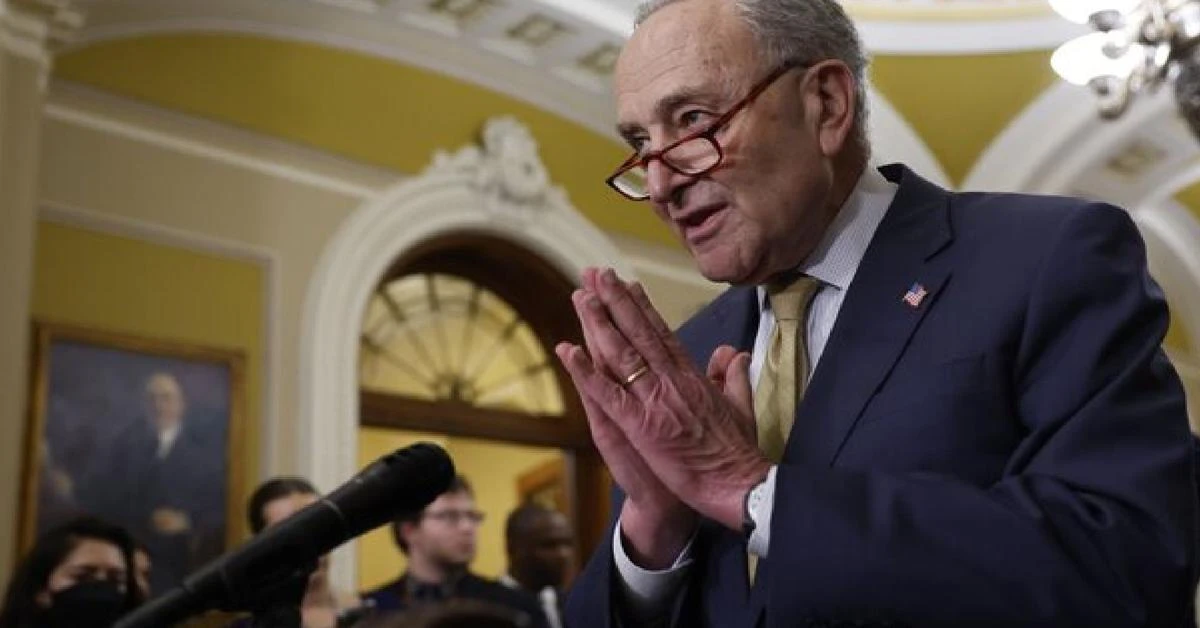U.S. Senate introduces bipartisan bill for border security funding totaling $118 billion

The legislation also includes aid for Ukraine and Israel, however, it faces immediate opposition from the House of Representatives
The U.S. Senate recently introduced a bipartisan bill focused on border security, totaling $118 billion.
This legislation also includes aid for Ukraine and Israel. However, it faced immediate opposition from the House of Representatives.
President Joe Biden urged Congress to come together and swiftly pass the bipartisan agreement, highlighting the bill’s migration measures, which resulted from months of negotiation. Despite this, House of Representatives Speaker Mike Johnson declared the bill “dead on arrival” if it reaches his chamber.
The bill’s Democratic and Republican Senate supporters pledged to move forward with the legislation despite opposition from former President Donald Trump. Senate Majority Leader Chuck Schumer announced plans to hold an initial vote on the bill on Wednesday, emphasizing that if it became law, it would represent the most significant changes in U.S. immigration and border security in decades.
However, some progressive Democrats expressed dissatisfaction, particularly regarding the bill’s lack of provisions for a pathway to citizenship for undocumented individuals, including “Dreamer” immigrants. Independent Senator Kyrsten Sinema stated that the legislation would secure the U.S. southern border, including measures to temporarily “shut down” the frontier to most migrants under certain conditions.

Besides border security funding, the bill includes substantial support for Ukraine, Israel, and other regions facing conflicts. It also provides humanitarian assistance for civilians in conflict zones. Despite opposition, Schumer emphasized the importance of the bill’s priorities and the need to address complex global challenges.
The bill’s overseas security provisions align with the requests made by President Biden in October, which have faced obstacles in the House because of disagreements over immigration policy. Despite divisions among House Republicans, efforts are being made to garner more support for the Senate bill.
While the bill’s proponents assert it would address controversial immigration practices, right-wing Republicans remain skeptical, citing concerns about potential consequences such as increased illegal immigration.
Additionally, immigration has emerged as a significant concern for Americans, particularly for Republicans, as reflected in recent polling data.
Overall, the bill’s progress is marked by significant opposition and skepticism, particularly from right-wing Republicans, as well as ongoing efforts to navigate challenges and secure broader support.
Source: Reuters



